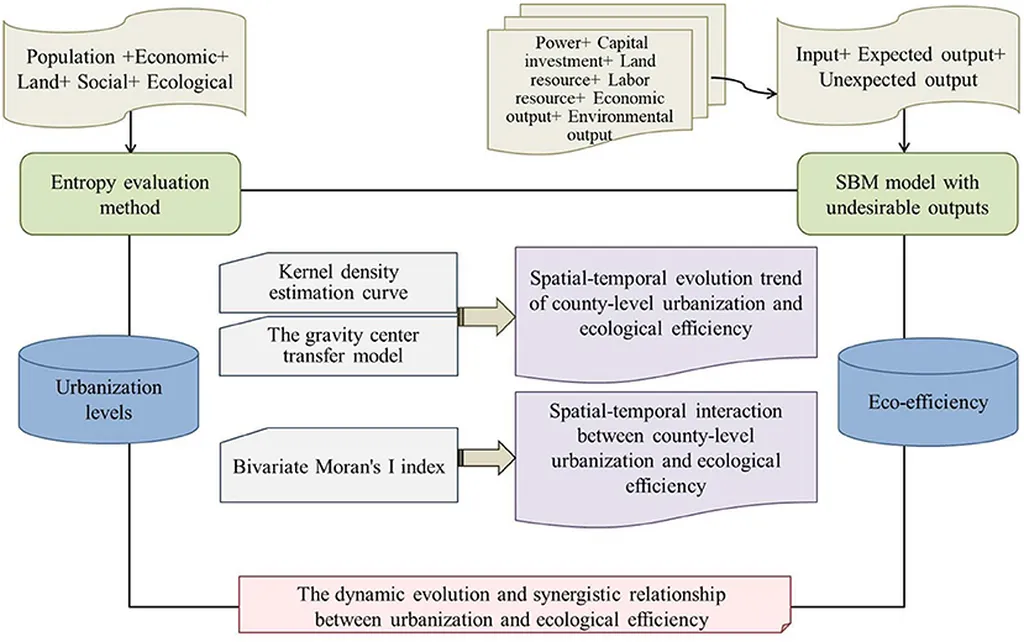In the ever-evolving landscape of industrial optimization, a groundbreaking study led by Yue Wang from the School of Information and Control Engineering at Liaoning Petrochemical University has introduced a novel approach to enhance the efficiency of batch process production. The research, published in *Liaoning Shiyou Huagong Daxue xuebao* (Journal of Liaoning Petrochemical University), integrates production scheduling and control using a sophisticated framework that promises to revolutionize the energy sector.
Batch processes, which are prevalent in industries such as petrochemicals, pharmaceuticals, and food production, often face challenges in balancing production schedules with real-time control. Yue Wang and his team have tackled this issue head-on by developing an integrated model that synchronizes production scheduling and control. “Our goal was to create a system that not only optimizes production schedules but also ensures precise control over the batch processes,” Wang explains. This integrated approach leverages the State Equipment Network (SEN) framework and a unit-specific event-based continuous time modeling method to establish a robust production scheduling model.
One of the standout features of this research is the use of Explicit Model Predictive Control (EMPC). EMPC is employed to solve the dynamic optimization problems offline, significantly reducing the computational burden during online operations. “By using EMPC, we can precompute the control solutions and convert them into explicit linear constraints, which are then integrated into the scheduling model,” Wang adds. This innovation allows for a more streamlined and efficient production process, ultimately leading to cost savings and improved operational performance.
The study also includes a detailed case analysis where the optimization results of the integrated model are compared with those of a pure scheduling model. The findings underscore the economic feasibility of the integrated approach, demonstrating its potential to enhance productivity and profitability in the energy sector. “The economic benefits are substantial,” Wang notes. “Our model not only optimizes resource allocation but also ensures that the production process is both efficient and cost-effective.”
The implications of this research are far-reaching. By integrating scheduling and control, industries can achieve a higher level of operational efficiency, reducing downtime and minimizing waste. This is particularly crucial in the energy sector, where even minor improvements in efficiency can translate into significant cost savings and environmental benefits. “This research sets a new standard for industrial optimization,” Wang concludes. “It provides a blueprint for future developments in the field, paving the way for more intelligent and adaptive production systems.”
As the energy sector continues to evolve, the integration of advanced modeling and control techniques will play a pivotal role in shaping the future of industrial operations. Yue Wang’s research offers a glimpse into the possibilities that lie ahead, highlighting the importance of innovation and collaboration in driving progress. With the publication of this study in *Liaoning Shiyou Huagong Daxue xuebao*, the stage is set for a new era of optimization in batch process production, one that promises to deliver tangible benefits for industries worldwide.

